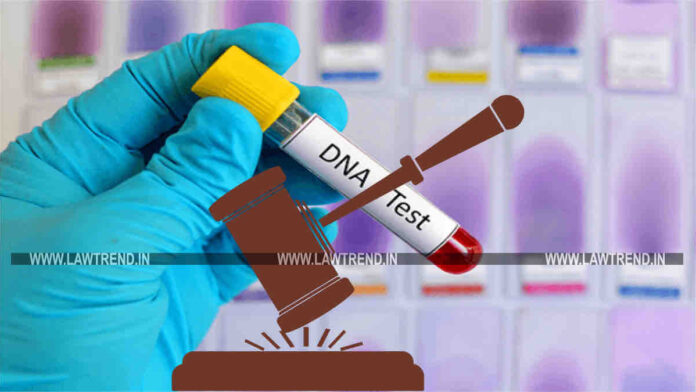The Supreme Court of India, in a judgment dated November 10, 2025, has set aside a Madras High Court order that directed a doctor to undergo a DNA test to ascertain the paternity of a child born to a married woman. The apex court held that such a direction cannot be issued when the “conclusive
To Read More Please Subscribe to VIP Membership for Unlimited Access to All the Articles, Download Available Copies of Judgments/Order, Acess to Central/State Bare Acts, Advertisement Free Content, Access to More than 4000 Legal Drafts( Readymade Editable Formats of Suits, Petitions, Writs, Legal Notices, Divorce Petitions, 138 Notices, Bail Applications etc.) in Hindi and English.




